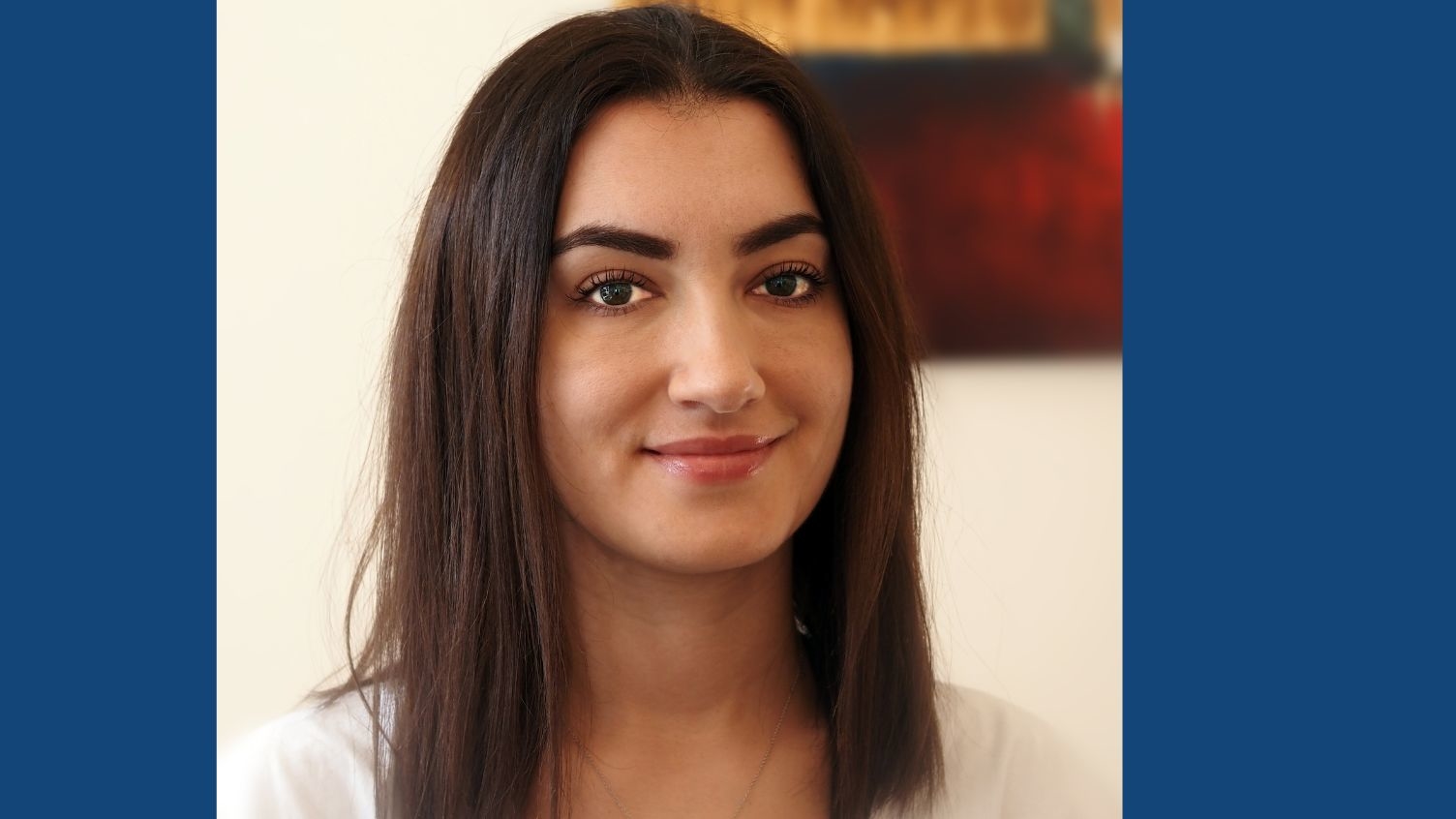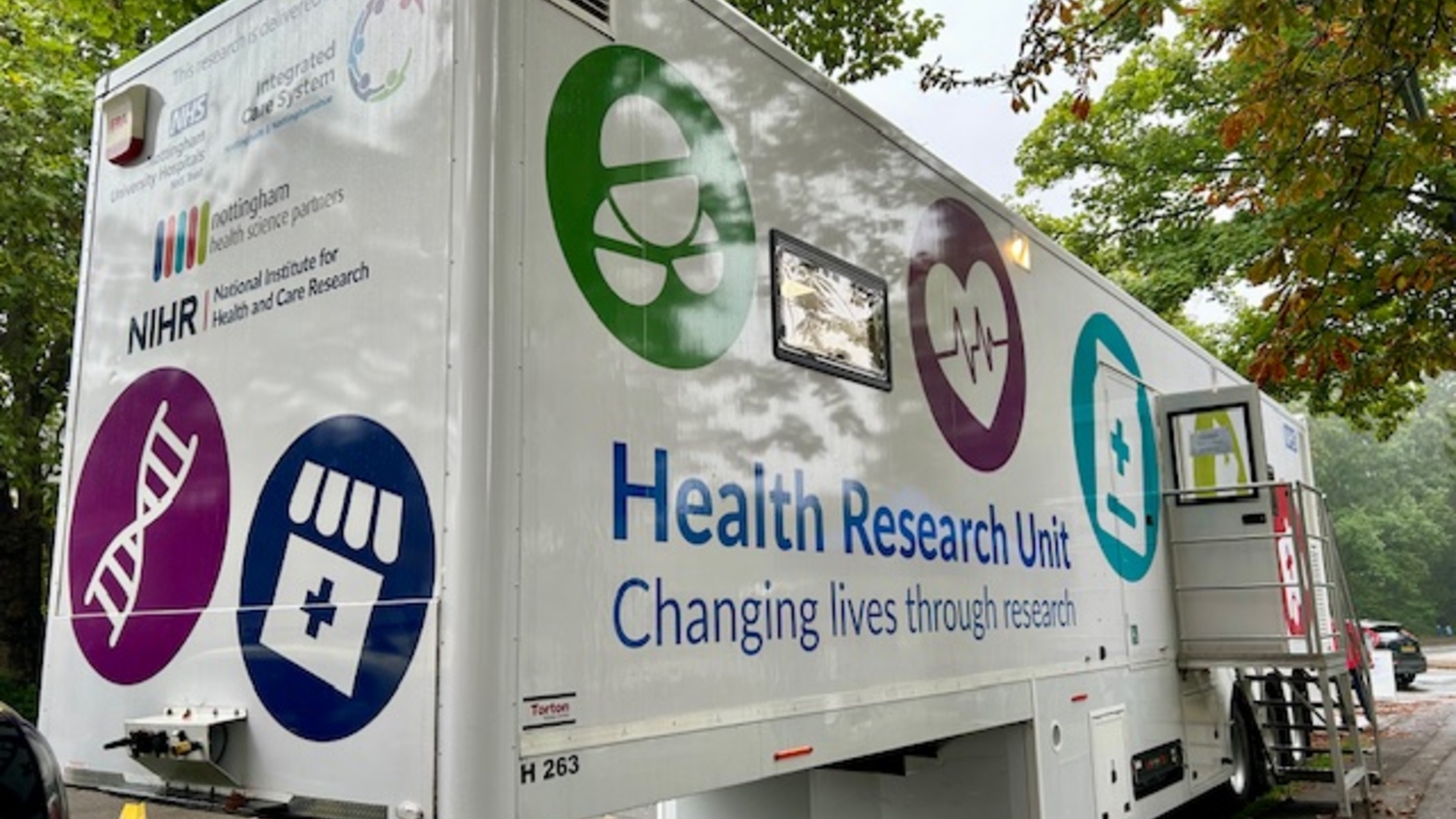Contributing to health and care research over 30 years
- 31 August 2022
- 4 min read
Harold Trill first took part in a research study in 1992 and 30 years later he is taking part in another study, being run by his local NHS community trust in Kent.
Harold spoke to CRN Kent, Surrey and Sussex about why he has volunteered to take part in research again.
When 92-year-old Harold Trill had a fall and hurt his leg recently, he was treated by the community nursing team from Kent Community NHS Foundation Trust. The Trust's research team recruited Harold to the TICC (Transforming Integrated Care in the Community) evaluation study.
TICC is looking into whether a new community nursing intervention originating in the Netherlands, where small, self-managing teams of health and care workers provide all aspects of care to patients in their homes, is effective in other countries. In TICC this new intervention is being compared with the existing model.
Kent Community Health NHS Foundation Trust is taking part in TICC to see if there are better ways of giving care to their local patients as the new way of care could improve patient care and outcomes. The research team has recruited 323 participants so far and the study is due to close at the end of 2022.
The TICC study is questionnaire-based and Harold says taking part is not time-consuming or difficult:
"I have been asked to complete a questionnaire to help them improve the service," he explains. "I will complete another questionnaire in six months to compare what is happening then to what is happening now."
When Harold was approached to participate in TICC, he was already familiar with research, and knew what to expect:
"Back in 1992, a group of trainee doctors came to my workplace in Middlesex and asked for volunteers to go to the medical centre to have a full health check up. We agreed to it at the time, and that was the last I heard of it until I retired," he said. This group of trainee doctors were working on the Southall And Brent REvisited Study (SABRE), which was set up in the late 1980s by University College London to study health in mid-life in a group of nearly 5,000 people, and is still running today.
When Harold joined, the study was specifically looking at blood pressure and diabetes, but it has since expanded. SABRE now examines how a whole range of mid-life health, lifestyle and social factors affect people's health in older age, and aims to improve our understanding of why different ethnic groups have different health needs.
"In 2008, 14 years after that first health check, I was contacted once again and asked if I would take part in a follow-up study, to see whether my health was the same or whether it had changed. I went to St Mary's Hospital in Paddington for a full day of top-to-toe health tests, including MRI scans of my brain.
"Another year later, I was asked to attend an appointment at University College Hospitals London where I had another full day of health checks. Again, following the outbreak of COVID-19 I was asked to complete some questionnaires regarding my health, mental state and stability."
"All those years ago I didn't know that the NHS carried out research. Because, being healthy, I did not have much contact with my local GP surgery or my local hospital. But now I can see how I am able to contribute.
"I am very pleased to be able to help with research, because I can provide information that otherwise they would not have, and that will help make the services more effective in future. I have benefited from research personally by receiving full health checks as I've grown older, and I hope other people will benefit from the information I have given in the future."
Transforming Integrated Care in the Community
Kent Community Health NHS Foundation Trust is one of a number of organisations in the UK, France, the Netherlands and Belgium taking part in TICC. All these countries are facing similar issues providing health and social care as the population ages and public funding decreases. Employing and keeping health and social care staff is also a problem, which will be more difficult as the workforce ages.
Harold, and his fellow participants, will be asked to complete a total of seven questionnaires across a two-year period. These questionnaires will ask participants about their care, quality of life, independence and how well they can look after themselves.
The nature of 'interventions' for the evaluation have been adapted during the course of the TICC project in response to local service demands. Patients receive care under the new model, which is based on the principles of Buurtzorg, which concentrates on delivering more personalised care by a small, local care team, and working together to help support patients to maintain their independence.


